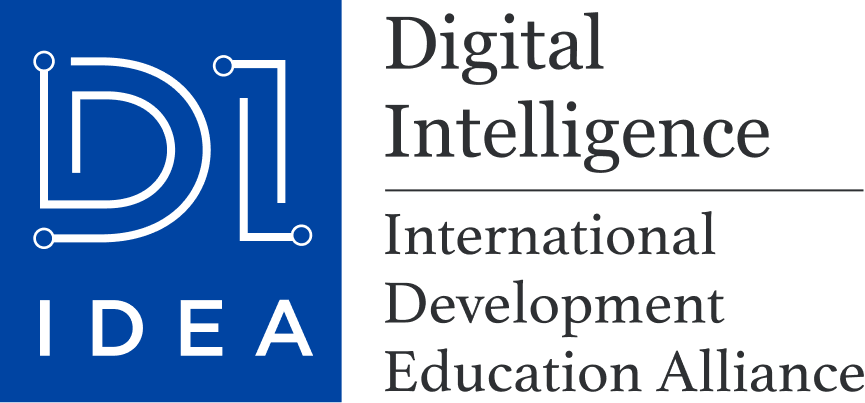On the morning of June 25, Premier Li Qiang of the State Council attended the opening ceremony of the World Economic Forum Annual Meeting of the New Champions 2024 in Dalian and delivered a speech. Polish President Andrzej Duda and Vietnamese Prime Minister Phạm Minh Chính also attended the opening ceremony and delivered speeches. Over 1,700 representatives from more than 100 countries and regions were present at the meeting.
During the annual meeting, a high-level forum titled “Future Talents: Higher Education Powered by Digital Intelligence” was held, co-hosted by Peking University, the Digital Intelligence International Development Education Alliance (DI-IDEA), and the Beijing Forum. Participants included: Gong Qihuang, President of Peking University, Academician of the Chinese Academy of Sciences, and Chairman of DI-IDEA; Tony F. Chan, President of King Abdullah University of Science and Technology; S. Joe Qin, President of Lingnan University in Hong Kong; Thatchavee Leelawat, Vice President of Mahidol University in Thailand; Duan Huiling, Dean of the College of Engineering at Peking University and Academician of the Chinese Academy of Sciences; Amakobe Sande, Representative of UNICEF in China; Paul Denny, Professor at the University of Auckland in New Zealand; Qiu Zeqi, Professor at Peking University; Song Junbo, Founder and CEO of Beijing EEO Education Technology Co., Ltd.; Zhang Linfeng, Founder and Chief Scientist of Beijing DP Technology Co., Ltd.; Sun Weijie, CEO of Beijing DP Technology Co., Ltd.; and Sun Hua, Director of the Office of the Provost and the Center for Excellent Teaching and Learning at Peking University, and Secretary-General of DI-IDEA. The forum was moderated by Zhang Ying, Associate Dean of the Guanghua School of Management at Peking University and Deputy Secretary General of DI-IDEA.
In his speech, Gong Qihuang emphasized the reshaping effect of digital intelligence technologies on higher education. He noted that this year is Peking University’s “Year of Disciplinary Quality,” and introduced a series of measures taken by the university to optimize the teaching and learning environment, cultivate interdisciplinary talents, and enhance international cooperation and exchange. Gong Qihuang welcomed more universities from around the world to join DI-IDEA to jointly explore digital governance methods, address the major challenges facing humanity in this era of change, and provide academic support and policy recommendations to enhance human well-being.
The roundtable discussion was divided into two sessions, both moderated by Zhang Ying. The first session focused on “Industry-Academia-Research Collaboration in the Age of Artificial Intelligence.” Qin Sizhao, Duan Huiling, Song Junbo, and Zhang Linfeng discussed new pathways for industry-academia-research collaboration in the age of artificial intelligence and shared their insights on using AI to drive educational innovation and industrial development. Qin Sizhao pointed out that education in the age of artificial intelligence should cultivate higher-order thinking skills in students. Duan Huiling stated that the development of Peking University’s distinctive new engineering disciplines should be integrated with the progress of digital technologies such as artificial intelligence, and that students should be encouraged to innovate with a humanistic spirit. Song Junbo noted that the integration of AI in scientific applications and industrial production has transcended single scenarios and problems, driving the cultivation of interdisciplinary talents and the construction of interdisciplinary platforms. Zhang Linfeng argued that the emergence of new disciplines and ways of working in the digital age is changing traditional division of labor and collaboration models, and calls for a rethinking of educational goals and methods.
The second session focused on “Opportunities and Challenges in Higher Education.” Tony F. Chan, Thatchavee Leelawat, Paul Denny, and Qiu Zeqi highlighted the endless possibilities that the digital age brings to higher education from different perspectives and deeply discussed the challenges that come with it, proposing a series of thought-provoking views and suggestions on how to cultivate future talents capable of adapting to this era of change. Tony F. Chan introduced Saudi Arabia’s strategic contributions in investing in future technologies, educational research, and talent development. Thatchavee Leelawat emphasized the importance of infrastructure development for Mahidol University to become a digital university. Paul Denny mentioned the potential of generative AI in creating new teaching methods and cultivating unprecedented skills, as well as the importance of sharing these teaching practices within international alliances. Qiu Zeqi stressed that artificial intelligence needs to support human-centered education and cultivate higher-order thinking skills.
This high-level forum is an important annual meeting of DI-IDEA, aimed at promoting in-depth discussions among member universities and enterprises on the impact of artificial intelligence on teaching, education, and industry-academia-research integration. It seeks to jointly explore the major challenges of talent cultivation in this era of change and provide strong academic support and policy consultation for future talent development.
Additionally, the first Global Digital Intelligence Education Innovation Competition, hosted by DI-IDEA, was officially launched at this high-level forum. Sun Hua introduced the basic information of the competition, which will explore the integration of industry and education through five tracks. Five academicians, including E Weinan, Zhang Pingwen, Zhang Jin, Duan Huiling, and Gong Jianya, will provide guidance for the competition. The awards ceremony for the competition will be held at the Beijing Forum on November 1.


